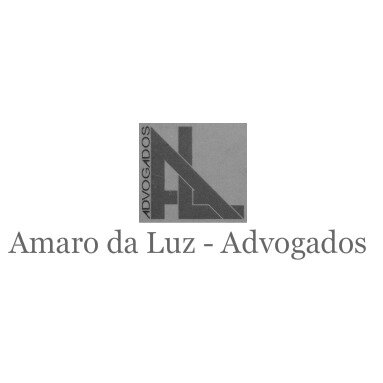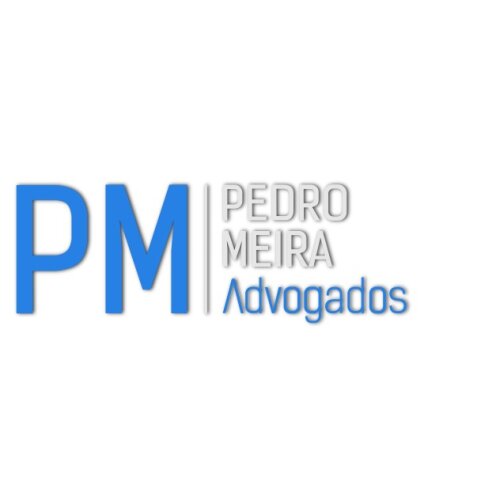Best Patent Lawyers in Portugal
Share your needs with us, get contacted by law firms.
Free. Takes 2 min.
Or refine your search by selecting a city:
List of the best lawyers in Portugal
About Patent Law in Portugal
Patent law in Portugal is designed to protect inventions by granting exclusive rights to inventors, allowing them to exploit their inventions commercially for a limited period. Governed by the Portuguese Industrial Property Code, patents in Portugal provide a legal framework for promoting innovation and protecting intellectual property. The national patent office, Instituto Nacional da Propriedade Industrial (INPI), oversees the administration and enforcement of these rights, ensuring that inventors receive due recognition and protection for their work.
Why You May Need a Lawyer
Engaging a lawyer specializing in patent law can be crucial for navigating the complex landscape of patent application and protection in Portugal. Common situations warranting legal assistance include:
- Filing a patent application: A lawyer can help prepare and file a comprehensive patent application, ensuring all requirements are met.
- Responding to office actions: If INPI raises objections or requests further information, a lawyer can help address these issues efficiently.
- Defending against infringement: Protecting an inventor's rights against unauthorized use or reproduction of their invention may require litigation.
- Challenging existing patents: If a third party's patent is believed to be invalid or infringing on your own inventions, legal action may be necessary.
- Licensing and commercializing inventions: Lawyers can draft agreements to license or sell patent rights, ensuring full legal compliance and protection.
Local Laws Overview
The key aspects of patent law in Portugal include:
- Patentability Requirements: An invention must be novel, involve an inventive step, and be industrially applicable to be patentable.
- Protection Term: Once granted, a Portuguese patent offers protection for up to 20 years, subject to the payment of annual maintenance fees.
- Application Process: Applications are filed with INPI and generally involve examination of novelty, inventive step, and industrial applicability.
- Opposition and Revocation: Third parties may oppose a patent within nine months of publication in the official bulletin, and patents can also be revoked if invalidity grounds are established.
- Infringement and Enforcement: Patent holders can enforce their rights by initiating civil actions against alleged infringers in Portuguese courts.
Frequently Asked Questions
What qualifies as a patentable invention in Portugal?
An invention must be new, involve an inventive step, and be susceptible of industrial application to be patentable under Portuguese law.
How long does the patent application process take in Portugal?
The duration can vary, but the process typically takes two to five years from filing to grant, depending on the complexity of the invention and any objections raised during examination.
Can software be patented in Portugal?
Software alone is generally not patentable, but inventions involving software that solve a technical problem and produce a technical effect may be eligible for patent protection.
How can I protect my patent internationally?
Portugese inventors can seek international protection by filing a European patent application through the European Patent Office (EPO) or an international application under the Patent Cooperation Treaty (PCT).
What is the cost of filing a patent application in Portugal?
Costs vary depending on the type of application and invention complexity. Initial filing fees are relatively low, but additional fees for examination and potential legal services may increase overall costs.
How can I determine if my invention is already patented?
Conducting a patent search through INPI’s database or international databases can help identify existing patents and determine the novelty of an invention.
Are there any annual fees for maintaining a patent in Portugal?
Yes, patent holders must pay annual maintenance fees to keep the patent in force for the full 20-year term.
Can I license my patent to others?
Yes, patent holders can license their patents to others, allowing third parties to use the invention in exchange for royalties or other compensation.
What recourse do I have if someone infringes on my patent?
Patent holders have the right to enforce their patents by initiating legal actions for infringement in Portuguese courts, seeking remedies such as injunctions or damages.
Is it possible to modify an existing patent?
Amendments to a patent can be made post-grant to correct errors or reflect changes in scope, subject to certain legal restrictions and approval by INPI.
Additional Resources
For further assistance and information, consider the following resources:
- Instituto Nacional da Propriedade Industrial (INPI): The official body handling patent applications and enforcement in Portugal.
- European Patent Office (EPO): For wider European protection and information on applying for a European patent.
- Portuguese Bar Association: For finding certified patent attorneys and lawyers in Portugal.
- World Intellectual Property Organization (WIPO): Useful for understanding international patent protections and treaties.
Next Steps
If you require legal assistance with patent matters in Portugal, start by consulting a specialized patent lawyer or attorney. You can search through the Portuguese Bar Association for qualified professionals. Additionally, consider conducting a patent search and gather as much information about your invention as possible before your consultation, ensuring a more informed and effective discussion. Lastly, contacting INPI directly for guidance on the application process can provide essential information and help streamline your patent journey.
Lawzana helps you find the best lawyers and law firms in Portugal through a curated and pre-screened list of qualified legal professionals. Our platform offers rankings and detailed profiles of attorneys and law firms, allowing you to compare based on practice areas, including Patent, experience, and client feedback.
Each profile includes a description of the firm's areas of practice, client reviews, team members and partners, year of establishment, spoken languages, office locations, contact information, social media presence, and any published articles or resources. Most firms on our platform speak English and are experienced in both local and international legal matters.
Get a quote from top-rated law firms in Portugal — quickly, securely, and without unnecessary hassle.
Disclaimer:
The information provided on this page is for general informational purposes only and does not constitute legal advice. While we strive to ensure the accuracy and relevance of the content, legal information may change over time, and interpretations of the law can vary. You should always consult with a qualified legal professional for advice specific to your situation.
We disclaim all liability for actions taken or not taken based on the content of this page. If you believe any information is incorrect or outdated, please contact us, and we will review and update it where appropriate.
Browse patent law firms by city in Portugal
Refine your search by selecting a city.
















